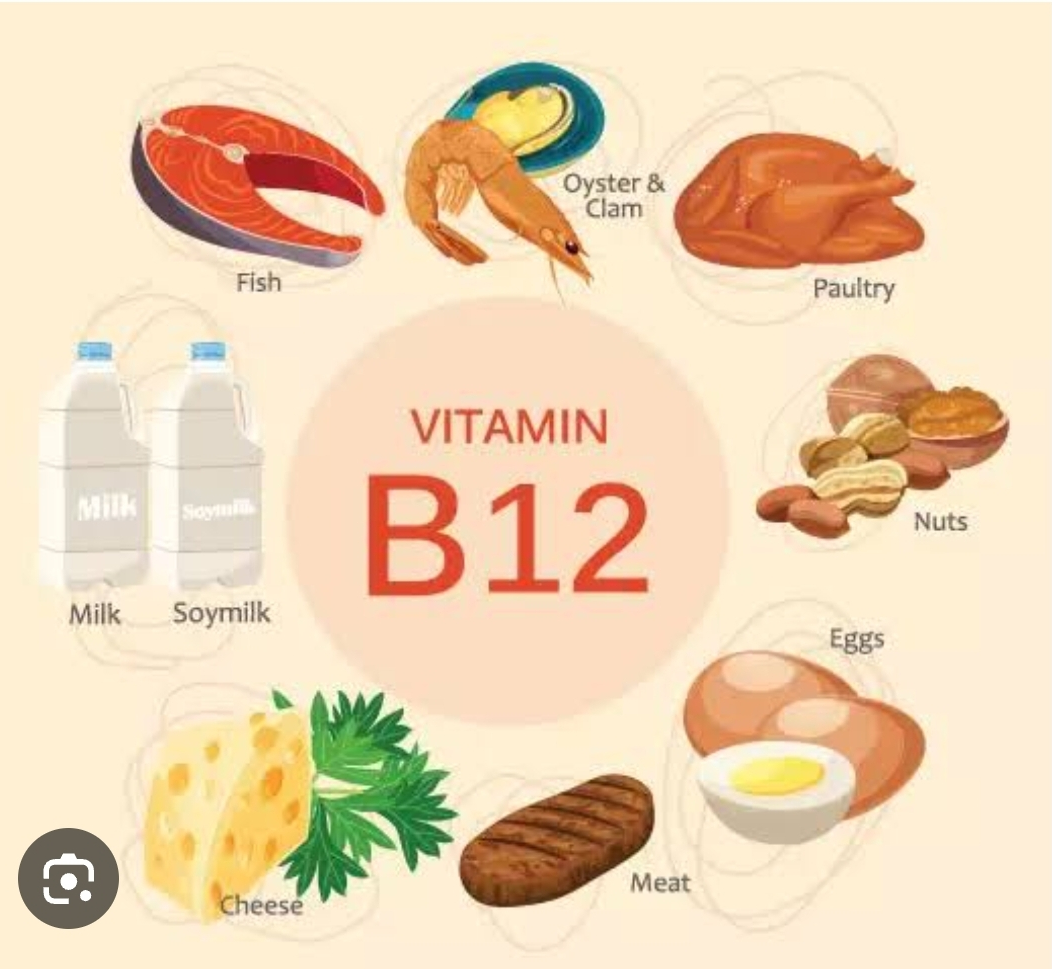
Vitamin B12 plays a crucial role in pregnancy, contributing to the health of both the mother and the developing baby. Here are some of its key functions:
Supports DNA synthesis: Vitamin B12 is essential for the synthesis of DNA, which is important for cell division and growth. This is particularly vital during pregnancy when rapid fetal growth and the formation of organs are occurring.
Red blood cell production: B12 helps in the production of red blood cells. A deficiency can lead to anemia, which can increase the risk of complications such as preterm birth and low birth weight.
Nervous system development: B12 plays a key role in the development of the baby's nervous system. It helps in the production of myelin, the protective sheath around nerve cells, which is essential for proper brain and nerve function.
Prevents birth defects: Adequate levels of B12 during pregnancy help reduce the risk of birth defects, particularly neural tube defects like spina bifida.
Energy production: It helps the body convert food into energy, which is especially important during pregnancy when the body’s energy needs are increased.
A deficiency in vitamin B12 during pregnancy can lead to serious complications, including developmental delays, neurological issues in the baby, and anemia in the mother. Pregnant women are often advised to ensure they are getting enough vitamin B12, either through their diet or supplements.
Good dietary sources of B12 include animal products such as meat, fish, eggs, and dairy. For vegans, fortified foods or supplements are typically recommended.




